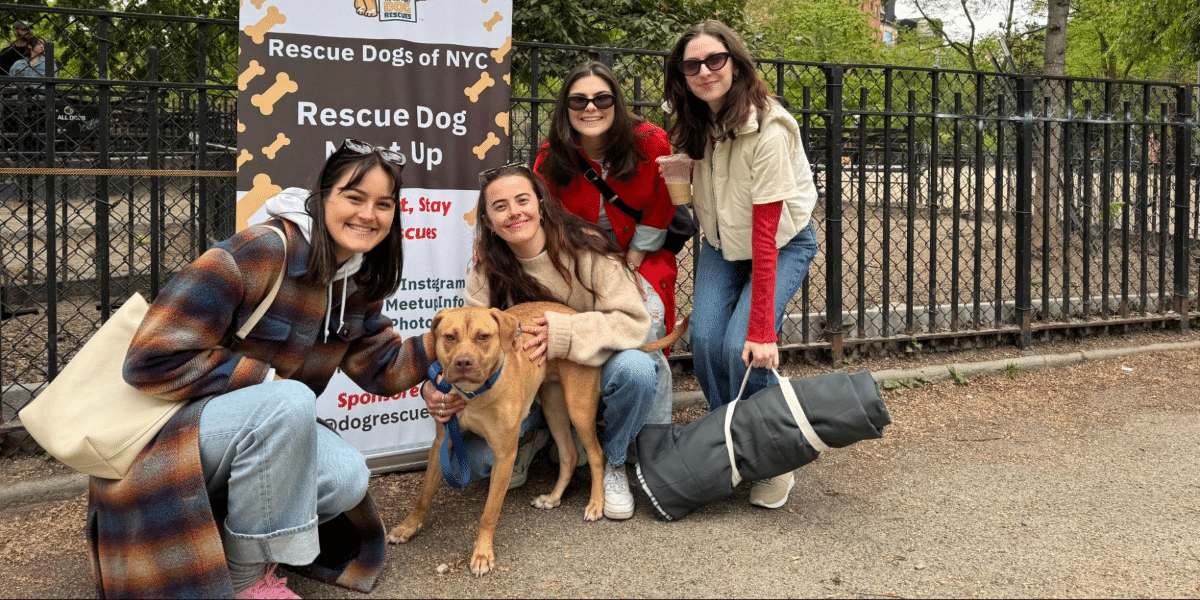By: Jacob Thompson
In today’s dynamic and diverse world, preserving and celebrating Jewish identity is significant. Beyond religious and cultural ties, Jewish identity is crucial to many individuals’ sense of self and community. Inclusivity and connection are vital themes in fortifying this identity amidst modern challenges and opportunities.
Michael Freund founded Shavei Israel as a conduit for connecting Jews and people with Jewish ancestry with one another and their heritage. He delves into how inclusivity and connection contribute to a robust Jewish identity through his unique lens. Freund explores how fostering inclusivity within Jewish communities embraces the diversity of backgrounds, beliefs, and practices, examining the power of connection in weaving a strong Jewish tapestry.
Understanding Jewish Identity
At its core, Jewish identity represents a profound connection to shared history, culture, and faith. It serves as a unifying force within the Jewish community, anchoring individuals amidst the ebb and flow of modernity. This identity draws deeply from a rich tapestry of historical experiences, including struggles, triumphs, and enduring traditions.
Historically, Jewish identity has been shaped by a myriad of factors, from Biblical narratives to diasporic journeys. The preservation of language, customs, and religious practices across generations has been a testament to the resilience of Jewish identity. Cultural influences from regions as diverse as Eastern Europe, the Middle East, and North Africa have added layers of complexity and diversity to this multifaceted identity.
Within the spectrum of Jewish identity, diversity reigns supreme. It encompasses a wide array of expressions, from observing religious rituals to celebrating cultural traditions. Ethnic and cultural dimensions also play a significant role, with Ashkenazi, Sephardic, Mizrahi, and other communities each contributing unique flavors to the collective Jewish identity.
“Understanding Jewish identity requires an appreciation of its multifaceted nature, where religious, ethnic, and cultural threads intertwine to form a vibrant and resilient tapestry,” says Michael Freund, Shavei Israel. “This nuanced understanding serves as the foundation for exploring the role of inclusivity and connection in strengthening this cherished aspect of Jewish life.”
The Role of Inclusivity in Jewish Communities
Inclusivity is key to nurturing a sense of belonging and connection within Jewish communities worldwide. It serves as a bridge, welcoming individuals of diverse backgrounds and beliefs into the fold of a shared heritage. This sense of inclusivity is about accepting differences and celebrating the richness they bring to the collective Jewish experience.
Despite its importance, achieving inclusivity within Jewish communities presents challenges. Historical divisions, varying levels of religious observance, and cultural differences can create barriers to understanding and acceptance.
Notes Freund, “Debates around Jewish identity and who is considered part of the community can further complicate the path to inclusivity.”
To address these challenges, Jewish communities have undertaken various initiatives and strategies. Interfaith dialogue has emerged as a powerful tool, fostering understanding and collaboration among different religious groups. Outreach programs aimed at engaging marginalized or disconnected community members have also gained traction, offering avenues for participation and connection.
By actively promoting inclusivity, Jewish communities strengthen their bonds and uphold the values of compassion and empathy inherent in Jewish teachings. This ongoing endeavor towards inclusivity is crucial in ensuring that all individuals, regardless of background or belief, feel welcomed and valued within the diverse tapestry of Jewish life.

Building Connection through Tradition and Innovation
Tradition is a huge part of preserving Jewish identity, anchoring individuals to centuries-old customs and beliefs. From observing Shabbat to celebrating Jewish holidays, these timeless traditions form a crucial link to the past while providing a roadmap for the future.
In today’s rapidly changing world, innovative approaches are essential in engaging younger generations and ensuring the continuity of Jewish heritage. Digital platforms, educational programs, and interactive experiences are emerging as powerful tools for making Jewish traditions relevant and accessible to a new era.
These innovative methods bridge the gap between ancient rituals and contemporary lifestyles, offering avenues for exploration and connection. Community rituals, celebrations, and cultural practices also play a pivotal role in strengthening Jewish identity.
“Whether it’s coming together for a Passover Seder, lighting the Hanukkah candles, or participating in communal prayers, these shared experiences foster a sense of unity and solidarity. They create bonds that transcend individual differences, weaving a tapestry of collective memory and tradition,” says Freund.
By embracing both tradition and innovation, Jewish communities find a delicate balance between honoring the past and embracing the future. This fusion of old and new not only sustains Jewish identity but also ensures its relevance and vibrancy for generations to come. Through community engagement and the celebration of shared practices, the essence of Jewish identity continues to thrive, rooted in its rich heritage and propelled by a spirit of innovation.
Education and Empowerment for a Stronger Jewish Identity
Education stands as a cornerstone in the preservation and transmission of Jewish identity. It serves as a vessel for imparting values, history, and traditions from generation to generation. Through Jewish schools, educational programs, and informal learning settings, individuals have the knowledge and understanding needed to forge a meaningful connection to their heritage.
Empowerment plays a vital role in nurturing a strong Jewish identity. It involves encouraging individuals to explore and define what being Jewish means to them personally. This self-discovery journey allows for a deeper understanding of one’s roots and beliefs, fostering a sense of ownership and pride in one’s Jewish identity.
Educational initiatives, ranging from Jewish day schools to youth groups and adult education programs, play a pivotal role in this process. These platforms offer spaces for learning, discussion, and community engagement. They provide opportunities for individuals of all ages to delve into Jewish history, ethics, and culture, empowering them to actively shape their identities within the context of their faith.
Looking to the future, Jewish communities need to continue the dialogue and action towards a more inclusive and connected future. This involves ongoing efforts to break down barriers, promote understanding, and empower individuals to explore and define their own Jewish identities. Initiatives in education, community engagement, and interfaith dialogue can foster a sense of unity and resilience within the Jewish community.
Published by: Holy Minoza












